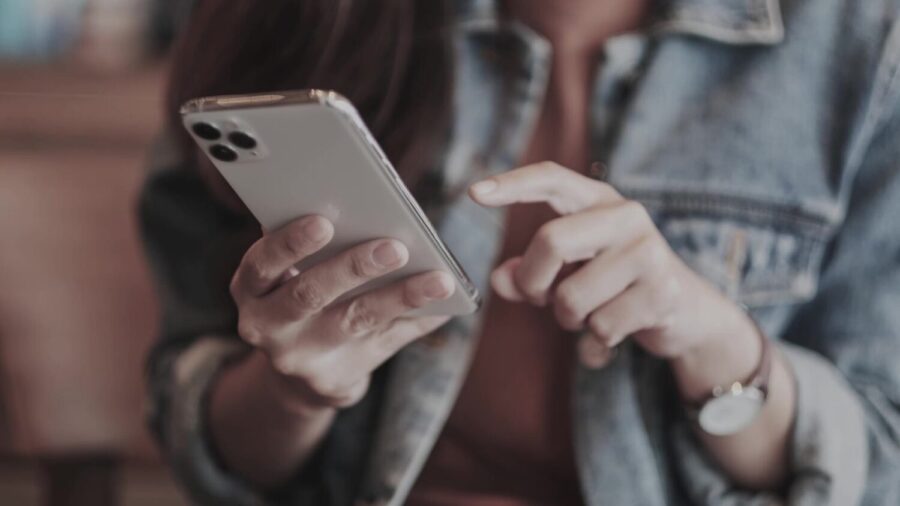SALT LAKE CITY – Utah, and much of the rest of the nation, has experienced several notable cell phone service outages that have impacted just about all of us throughout this past year. The frequency and severity of the outages have experts saying we need to have a communication backup plan.
A string of outages
In February, AT&T customers all over the country lost service. Then in September, it was Verizon’s turn. And in November, it was T-Mobile customers here in Utah who were disconnected. These incidents, and many others, highlight the vulnerability of what has become the primary way most of us communicate, said Eli Blumenthal, a senior editor at CNET with a particular focus on the telecom industry.
“There certainly seems in recent memory to have been quite a few,” Blumenthal said of the frequency of large cell service outages.
The need for a backup plan
He said that yes, it is important for cell phone companies to be able to respond quickly to outages. But it’s equally important for you to have your own backup plan. Especially, with more and more people ditching their landlines.
“So, there are backup plans,” Blumenthal said. “One is obviously if you hop on to Wi-Fi.”
Your cellular may be down, but if you’re on Wi-Fi, you can still make Zoom calls. You can still use messaging or calling apps like iMessage WhatsApp, FaceTime and Facebook Messenger, to name a few.
“You’ll still be able to stay connected to friends, family and loved ones,” Blumenthal said.
Satellite technology as a backup
If you’re concerned about getting disconnected when your cell service goes down, you might consider an upgrade. Modern iPhones, for example, can connect to satellites to help bridge gaps in service. Either way, the time to make a plan is not after you lose service.
“You always want to know what your backup plans are, because you never know what the future holds,” Blumenthal said.
Still, he said he believes people should not be overly concerned about security risks in the fallout of an out. Many of these outages can be chalked up to human error or a software upgrade that goes awry, and not hackers or bad actors. Blumenthal said he is very encouraged to see manufacturers and wireless carriers creating more redundancy.



